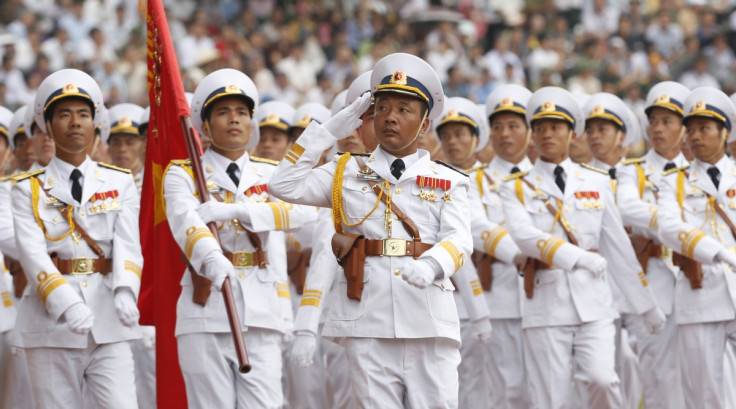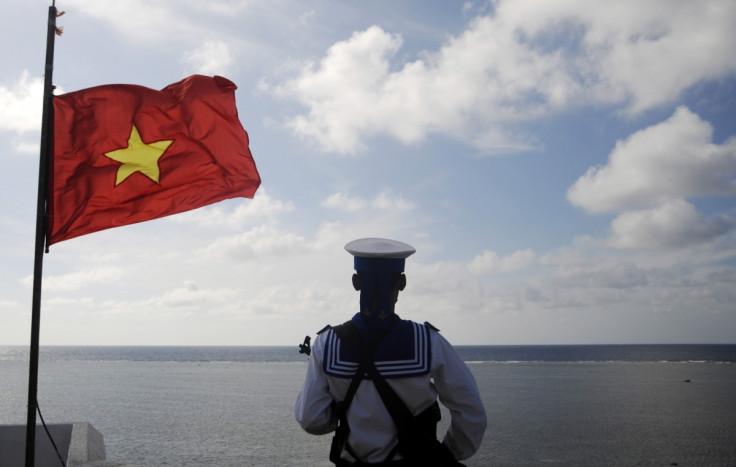China and Vietnam in South China Sea: What's Really Going on?

Four decades since their most high-profile maritime clash, China and Vietnam are at it again.
When China moved a massive oil rig within disputed waters earlier this month, Vietnam demanded the Chinese state oil company remove it. The US promised to investigate and later criticised the move but the rig has stayed put and the Chinese navy has aggressively it has little time for a maritime neighbour's protests.
Like a dog to a lamp post, Chinese ships sprayed water cannon over their Vietnamese rivals this week. Other Chinese vessels took a more direct approach, ramming Vietnamese ships in a bid to mark territory in the South China Sea.
While China disputes this version and paints Vietnam as the aggressor, video and images to emerge from the scene suggest otherwise.
Countries have been sparring for control of the South China Sea and the clusters of islands in its waters for hundreds of years. Past disputes have turned politically nasty and some have been deadly.
This week's clashes occurred close to the very same chain of islands that the two countries fought over four decades ago.
In 1974 dozens of Vietnamese sailors were killed in fighting with the Chinese. The clashes broke out as the rival countries vied for sovereignty of the Paracel islands, which were split between them. After winning that fight, China assumed control of the islands but Vietnam is now contesting the claims.
However much the current spat may appear like history repeating itself, it comes at a unique time in the region.
China is gradually asserting itself as the dominant force in Asia, prompting US president Barack Obama to champion a strategic foreign policy "pivot" for the region to reassure America's allies.
China's posturing in the South China Sea has grown increasingly muscular. In 2012, it established Sansha City on the Paracel islands as an administrative base to oversee Chinese territory in the Sea. Vietnam and the Philippines refused to recognise the move.

Claims that the Chinese disrupted Vietnamese exploration missions later that year resulted in large anti-Chinese street protests in Vietnamese cities.
Analysts see the dispute as the most serious clash in the region. China has controlled the northern half of the Paracels since the 1950s and it seized control of the southern half after the 1974 battle with Vietnam. China does not acknowledge that its control of the islands is disputed, suggesting that the Chinese feel very strongly over their claim to the territory.
The islands are coveted because of the potential natural resources around them. There has been little detailed exploration in the vicinity but the prospects alone are enough to draw the attention of China and smaller regional powers.
So far there have been six injuries reported on the Vietnamese side. As China aggressively rebuffs Vietnam's allegations and refuses to acknowledge that the islands are disputed, the spat could soon escalate into something nastier.
© Copyright IBTimes 2025. All rights reserved.






















